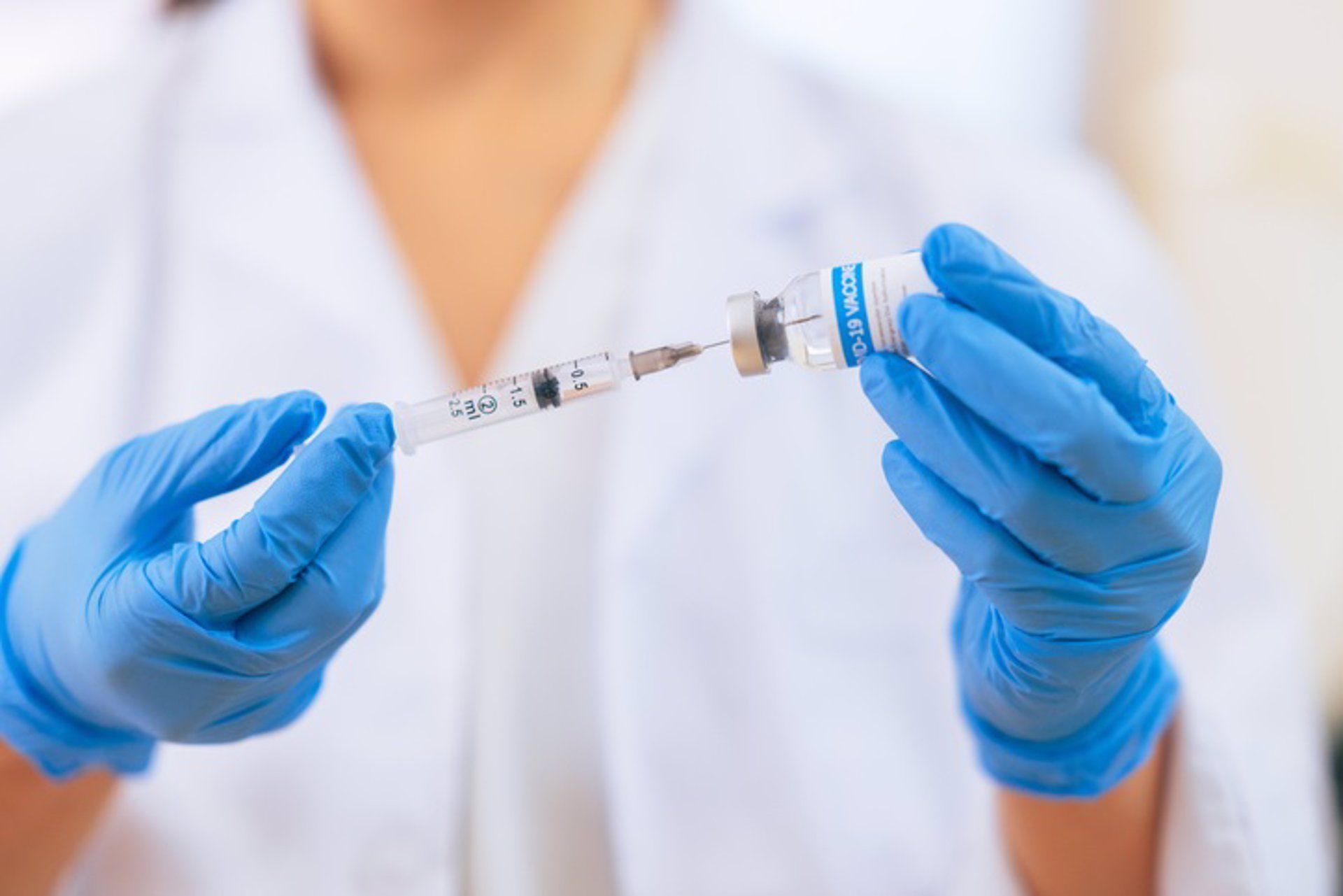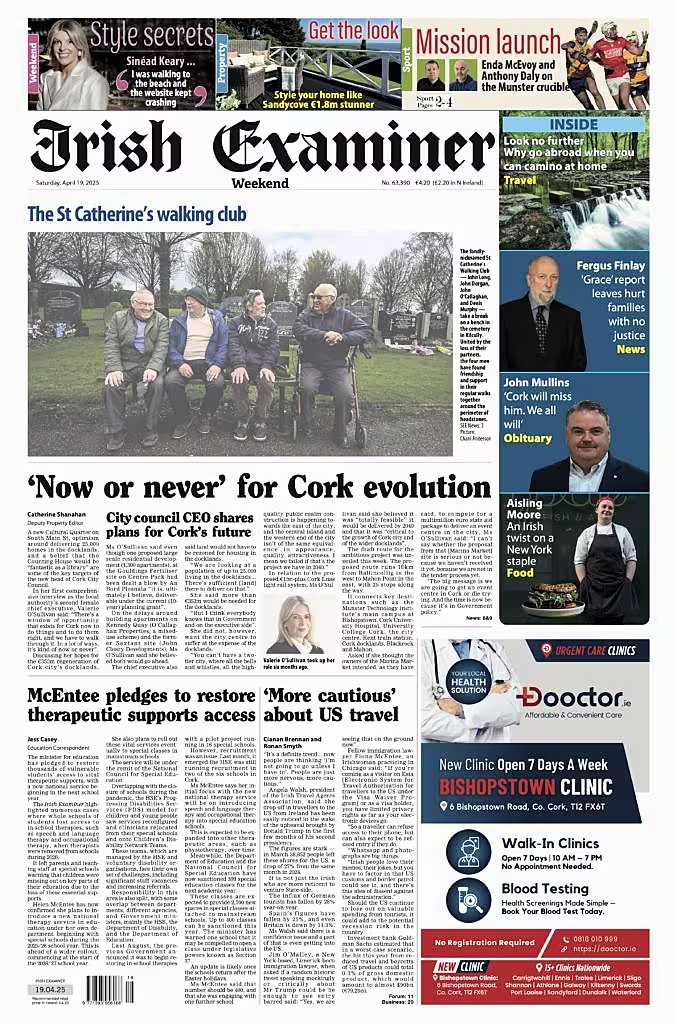Pneumococcal Vaccine Expansion Targets Adults; A U.S. Outlook
By Archys, Archyde.com
across the United States, health officials are increasingly focused on proactive strategies to combat pneumococcal disease in older adults. Drawing lessons from international efforts, including those in regions like Castilla y León, Spain, U.S. initiatives aim to bolster immunization programs and protect vulnerable populations.
pneumococcal disease, caused by the bacterium *Streptococcus pneumoniae*, remains a notable public health concern. The disease can manifest in various forms, from pneumonia and ear infections to more severe conditions like meningitis, sepsis, or bacteremia.
Understanding Pneumococcal Disease
The *Streptococcus pneumoniae* bacterium spreads through airborne droplets or close contact with infected individuals, making it notably prevalent during winter and spring when respiratory infections are more common. While anyone can contract pneumococcal disease,older adults,young children,and individuals with certain underlying health conditions face a higher risk of severe complications.
According to the Centers for Disease Control and Prevention (CDC), an estimated 150,000 adults in the U.S. are hospitalized each year due to pneumococcal pneumonia.
The VNC20 Vaccine: A New Weapon
The introduction of the conjugated pneumococcal vaccine of 20 serotypes (VNC20) marks a significant advancement in preventing pneumococcal disease. This vaccine offers broader protection compared to previous versions, covering a wider range of serotypes responsible for the infection.
The Spanish region of Castilla y León, for example, has been actively reinforcing its adult immunization strategy, planning to systematically vaccinate those born in 1960 with the VNC20 vaccine as they turn 65, starting in 2025.The region is also undertaking an “active reuptake” program for individuals born in 1958 and 1959 who have not yet received the VNC13 vaccine.
The aim is to achieve maximum coverage within this vulnerable age group,based on the fact that the “VNC20 vaccine provides effective protection with a single dose,” covering the serotypes responsible for most cases of pneumococcal disease in adults worldwide. Health officials in Spain estimate that “up to 62% of cases of invasive pneumococcal disease in over 65 years could be prevented with this immunization.”
U.S. Immunization Strategies
the CDCS Advisory Committee on Immunization practices (ACIP) has made recommendations for pneumococcal vaccination in adults. These recommendations typically involve either PCV20 (the 20-valent pneumococcal conjugate vaccine) alone or a combination of PCV15 (15-valent pneumococcal conjugate vaccine) followed by PPSV23 (23-valent pneumococcal polysaccharide vaccine).
| Vaccine | Recommended For | Dosage |
|---|---|---|
| PCV20 | adults 65 years or older; adults 19-64 with certain medical conditions | Single dose |
| PCV15 followed by PPSV23 | adults 65 years or older; adults 19-64 with certain medical conditions | PCV15 followed by PPSV23 at least 1 year later (8 weeks for immunocompromised) |
These recommendations are designed to provide optimal protection against pneumococcal disease based on individual risk factors and vaccination history. Consult your physician to determine the best vaccination schedule for you.
The importance of Active Prevention
The Junta de Castilla y León emphasizes that its vaccination campaign represents “a strategy of active prevention that protects the health of the adult population and helps reduce the care load derived from the complications associated with these infections.” This proactive approach aligns with the broader goals of public health initiatives in the U.S., which seek to minimize the burden of preventable diseases on the healthcare system.
Some may argue that widespread vaccination programs place an undue burden on healthcare resources and infringe upon individual autonomy. However, public health experts contend that the benefits of vaccination, including reduced morbidity, mortality, and healthcare costs, outweigh the potential drawbacks. Moreover, vaccination protects not only the individual but also the broader community by reducing the spread of infectious diseases.
Addressing Concerns and Misinformation
It’s vital to address common concerns surrounding vaccines. Rigorous testing and monitoring ensure the safety and efficacy of pneumococcal vaccines. Serious side effects are rare, and the benefits of vaccination far outweigh the risks. Consult with your healthcare provider if you have any questions or concerns about pneumococcal vaccines.
FAQ: Pneumococcal Vaccines for Adults
- Who should get the pneumococcal vaccine?
- The CDC recommends pneumococcal vaccination for all adults 65 years or older, as well as adults aged 19-64 years who have certain medical conditions or risk factors.
- What are the potential side effects of the pneumococcal vaccine?
- Common side effects include pain, redness, or swelling at the injection site.Some people may experience mild fever, fatigue, or muscle aches. Serious side effects are rare.
- How often do I need to get the pneumococcal vaccine?
- Depending on your vaccination history and risk factors, you may only need one or two doses of pneumococcal vaccine in your lifetime.Consult with your healthcare provider to determine the appropriate schedule for you.
- Where can I get the pneumococcal vaccine?
- You can get the pneumococcal vaccine at your doctor’s office, pharmacy, or local health clinic.
- Does the pneumococcal vaccine protect against COVID-19?
- no, the pneumococcal vaccine does not protect against COVID-19. It protects against pneumococcal disease, which is caused by a diffrent bacterium. you should still get vaccinated against COVID-19.
Given the increasing prevalence of pneumococcal disease among older adults, how effective are vaccination programs in preventing severe illness and death?
Pneumococcal Vaccines: A Conversation with Dr. anya Sharma, Infectious Disease Specialist
By Archyde.com
Archyde is pleased to bring you an exclusive interview with Dr. anya Sharma, a leading Infectious Disease Specialist, to shed light on the expansion of pneumococcal vaccination programs, particularly for adults in the U.S. and beyond.
The Current state of pneumococcal Disease
Archyde: Dr. Sharma, thank you for joining us. Let’s start with the basics. What makes pneumococcal disease such a meaningful public health concern, especially for older adults?
Dr. Sharma: Thank you for having me. Pneumococcal disease, caused by Streptococcus pneumoniae, is a serious illness that can manifest in many forms. For older adults, it frequently enough means pneumonia, wich can lead to hospitalization and even be life-threatening.They are at a higher risk due to age-related decline in immune function and often have other underlying health issues.
The Rise of VNC20
Archyde: The VNC20 vaccine seems to be a game-changer. Can you explain its significance compared to previous vaccines?
Dr. Sharma: Absolutely. The VNC20 vaccine,or the 20-valent pneumococcal conjugate vaccine,offers broader protection than earlier versions,like the PCV13. It covers a more extensive range of serotypes, which means it can prevent a wider variety of pneumococcal infections. This is crucial because the strains causing infections have been shifting over time.
Archyde: We understand that the Spanish region of Castilla y León is implementing a mass vaccination programme with VNC20. What lessons can the U.S. learn from their efforts?
Dr. Sharma: Castilla y León’s approach is a great example of proactive public health. They’re systematically offering the VNC20 vaccine to specific age groups, like those turning 65, and also actively reaching out to those who may have missed earlier vaccinations. This organized, age-cohort based approach facilitates high vaccine coverage, which is key to public health success.
U.S.Vaccination Strategies
Archyde: How do the current U.S. recommendations for pneumococcal vaccination in adults differ from these international models?
Dr. Sharma: The CDC’s Advisory Committee on Immunization Practices (ACIP) offers clear guidelines for adults.the primary recommendation is PCV20 alone, for adults 65 and older, and for adults 19-64 with certain medical conditions. An option is to use a combination of PCV15 followed by PPSV23, which is spaced out to allow a good immune response. These strategies are designed to match the specific risk factors and vaccine history of each individual.
| Vaccine | Recommended For | Dosage |
|---|---|---|
| PCV20 | adults 65 years or older; adults 19-64 with certain medical conditions | Single dose |
| PCV15 followed by PPSV23 | adults 65 years or older; adults 19-64 with certain medical conditions | PCV15 followed by PPSV23 at least 1 year later (8 weeks for immunocompromised) |
Addressing Concerns and Misinformation
Archyde: There are frequently enough concerns about vaccination, can you address common concerns?
Dr. Sharma: Certainly. it is indeed critically important to emphasize that pneumococcal vaccines undergo extensive safety testing. Serious side effects are quite rare. The benefits of preventing severe illnesses like pneumonia and meningitis by far outweigh any potential risks.If anyone has questions about vaccines, they should discuss those concerns with their doctor.
The Future of Pneumococcal Prevention
Archyde: Considering emerging research and global trends,what do you see as the next steps in improving pneumococcal disease prevention?
Dr. Sharma: The next steps involve refining vaccination strategies to ensure optimal coverage, continued monitoring of pneumococcal strains, and bolstering public education. Collaboration among healthcare workers, public health organizations, and communities is vital. We must remain vigilant and innovative. An essential part of our work is the reduction of healthcare burdens due to preventable illnesses and the sharing of that impact with the public.
Archyde: What should a reader do if they want to learn more?
Dr.Sharma: Always speak with your doctor. They can give you a personalized and informed discussion based on your medical history and risk factors. You can also find a wealth of reputable facts on the CDC and other public health agency websites.
Archyde: Dr. Sharma, thank you very much for a thorough conversation. We hope this clears up some of the common questions our readers may have about pneumococcal vaccines. We encourage our readers to visit their physician and make sure they are up to date on the vaccine.
Dr. Sharma: It’s been my pleasure.
Discussion Prompt
readers, what are your thoughts on the expansion of pneumococcal vaccination programs targeting adults? Do you have any questions or concerns about the vaccine? Share your comments below.



:max_bytes(150000):strip_icc()/TK-Things-to-Do-Before-9-a.m.-to-Help-You-Poop-3abd8583914f486a962f38cd67b8a5cf.jpg)




